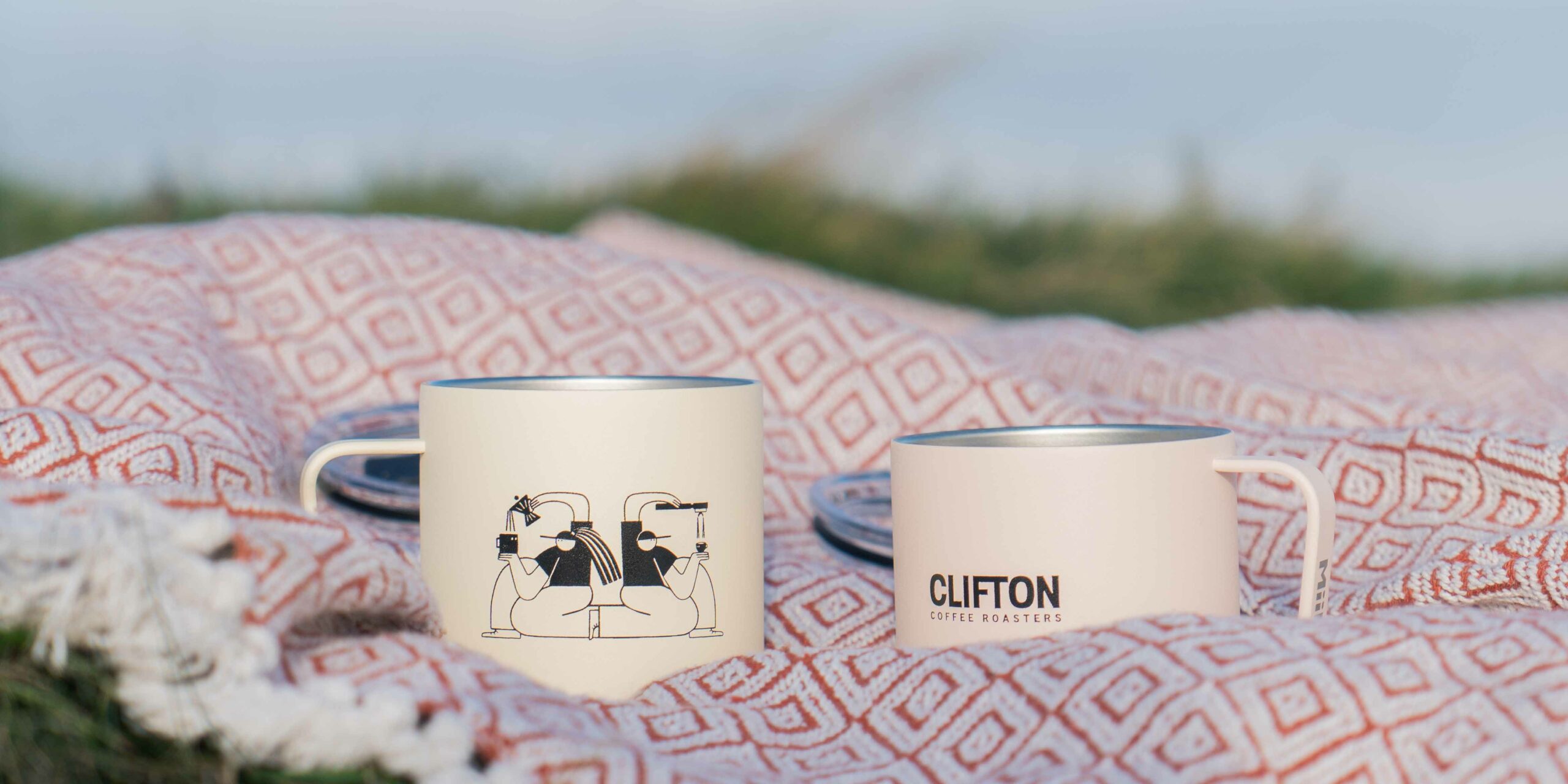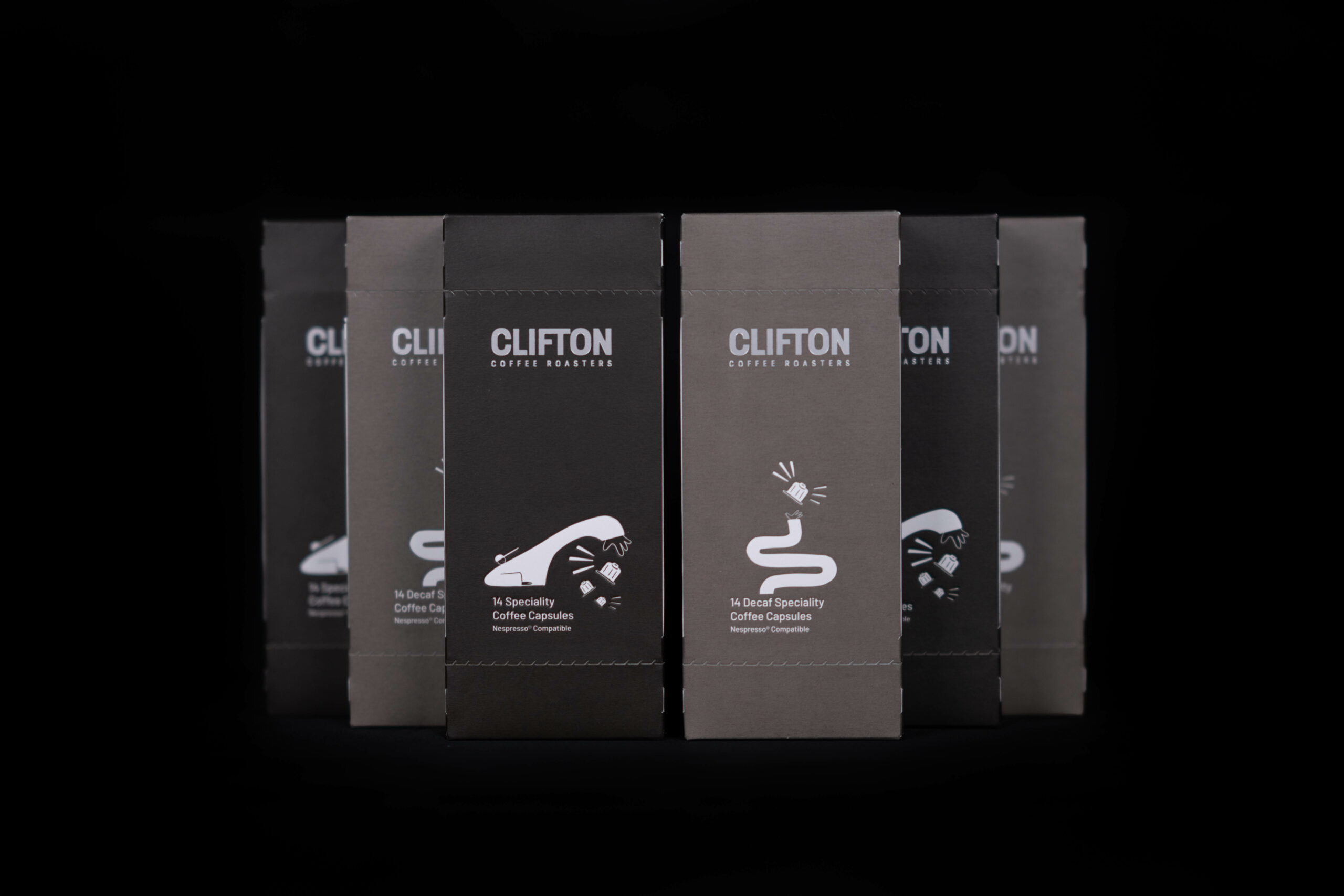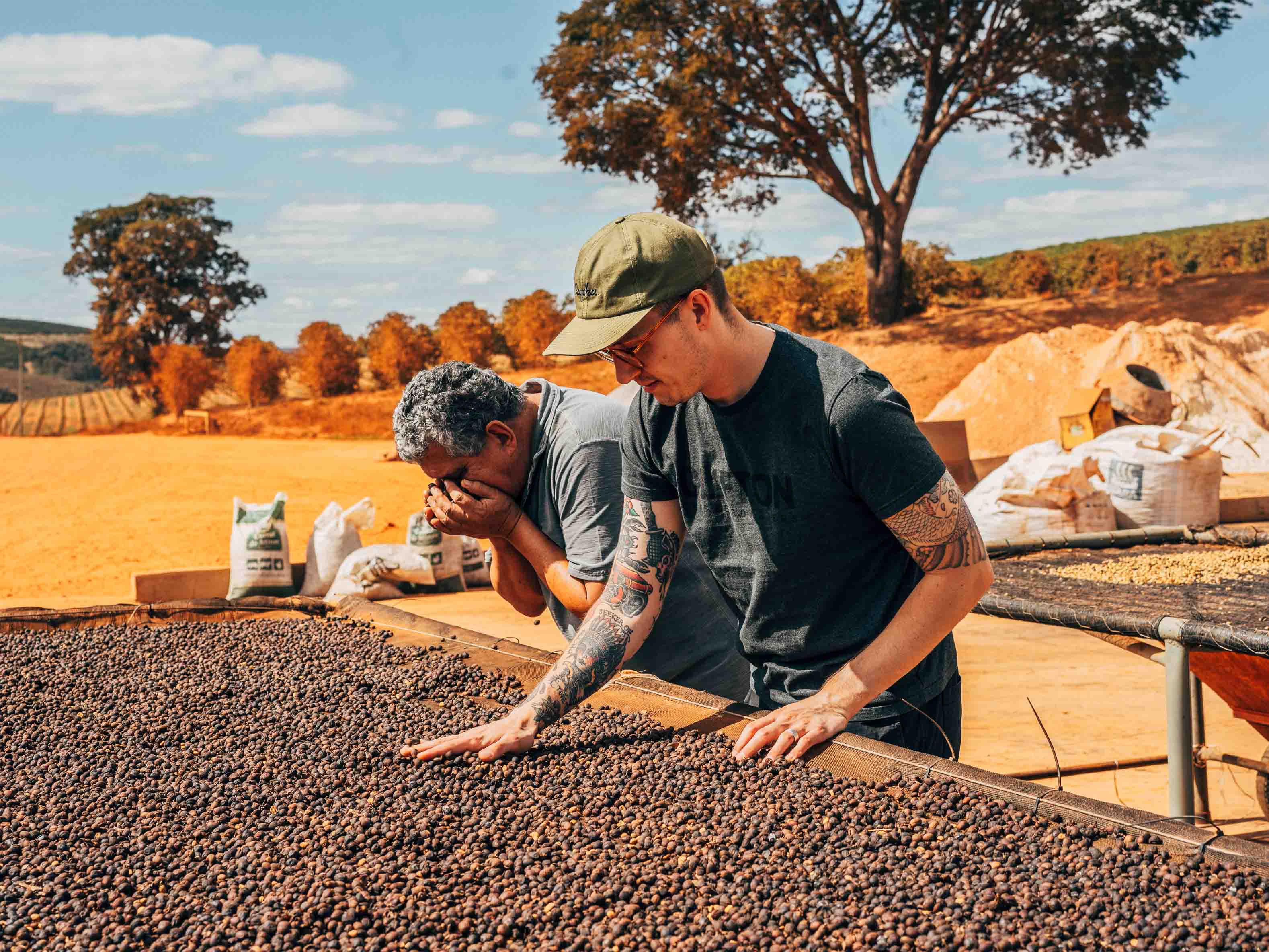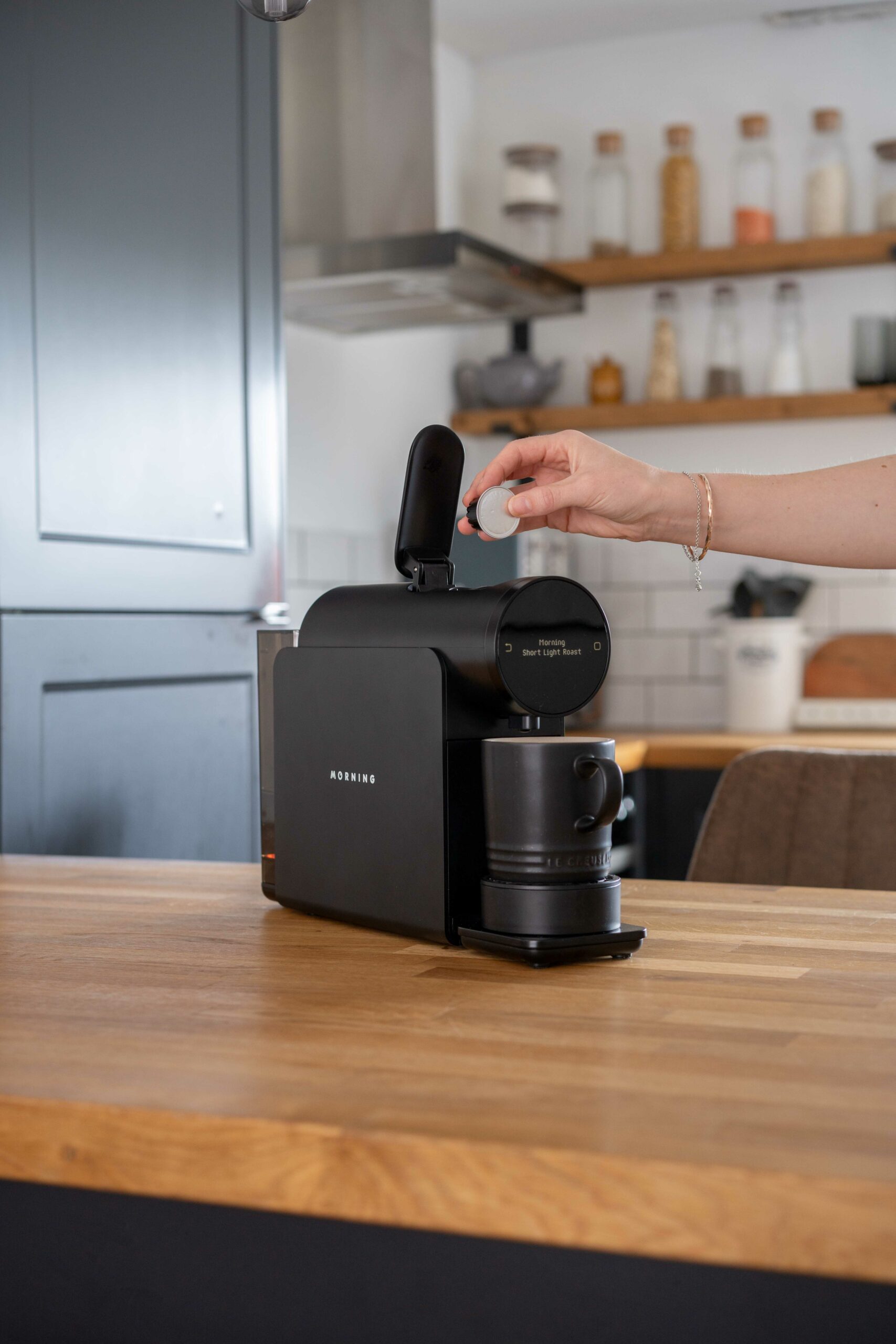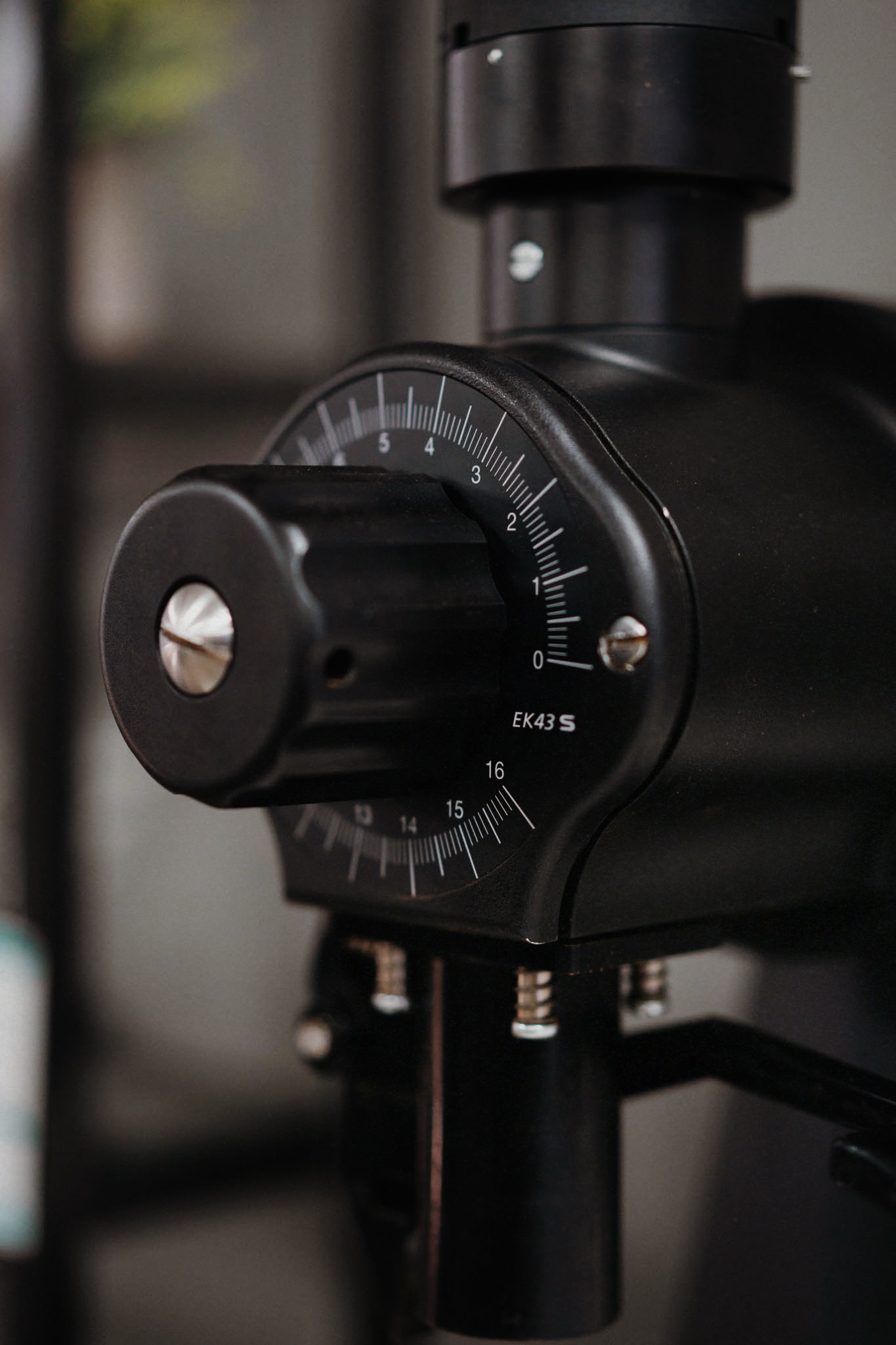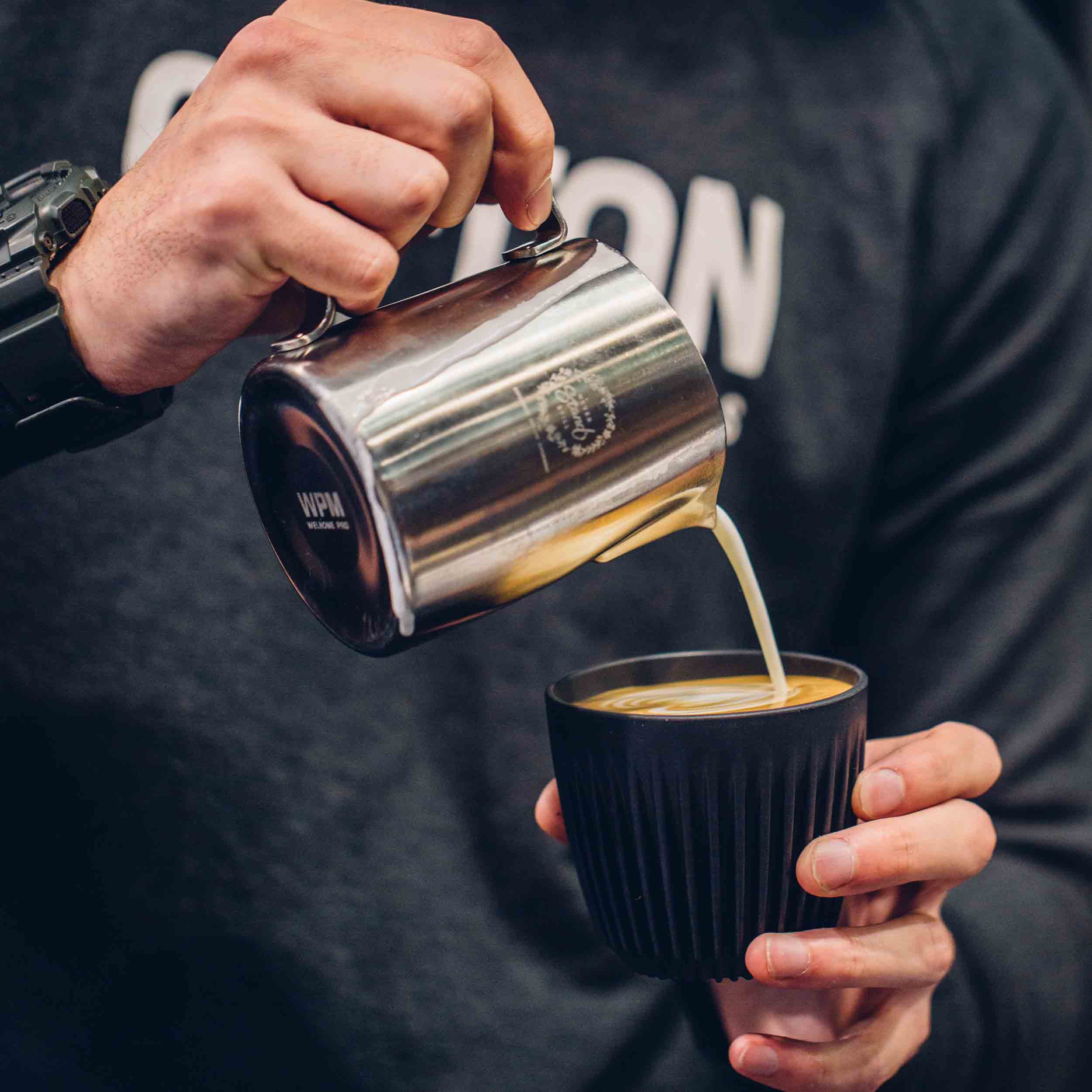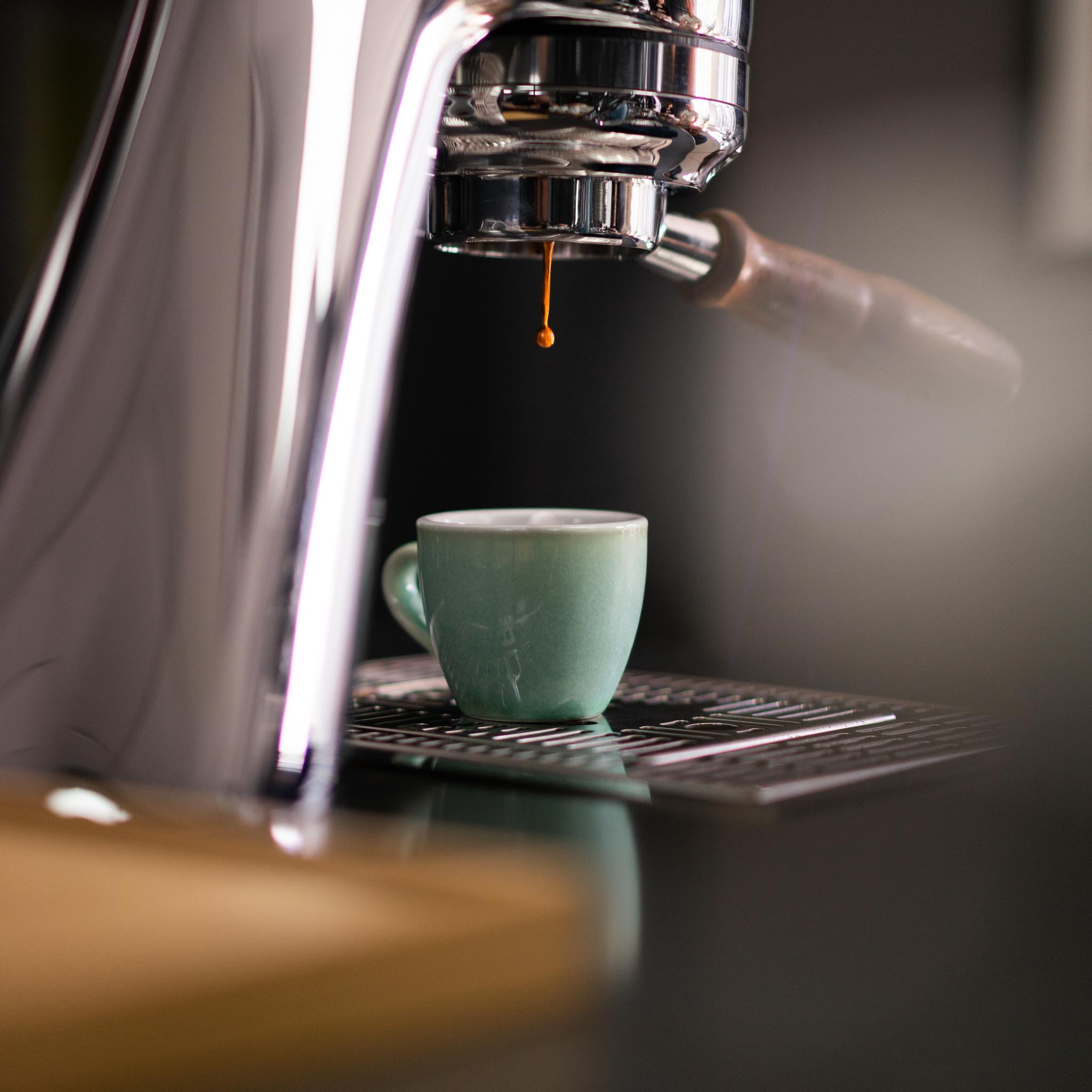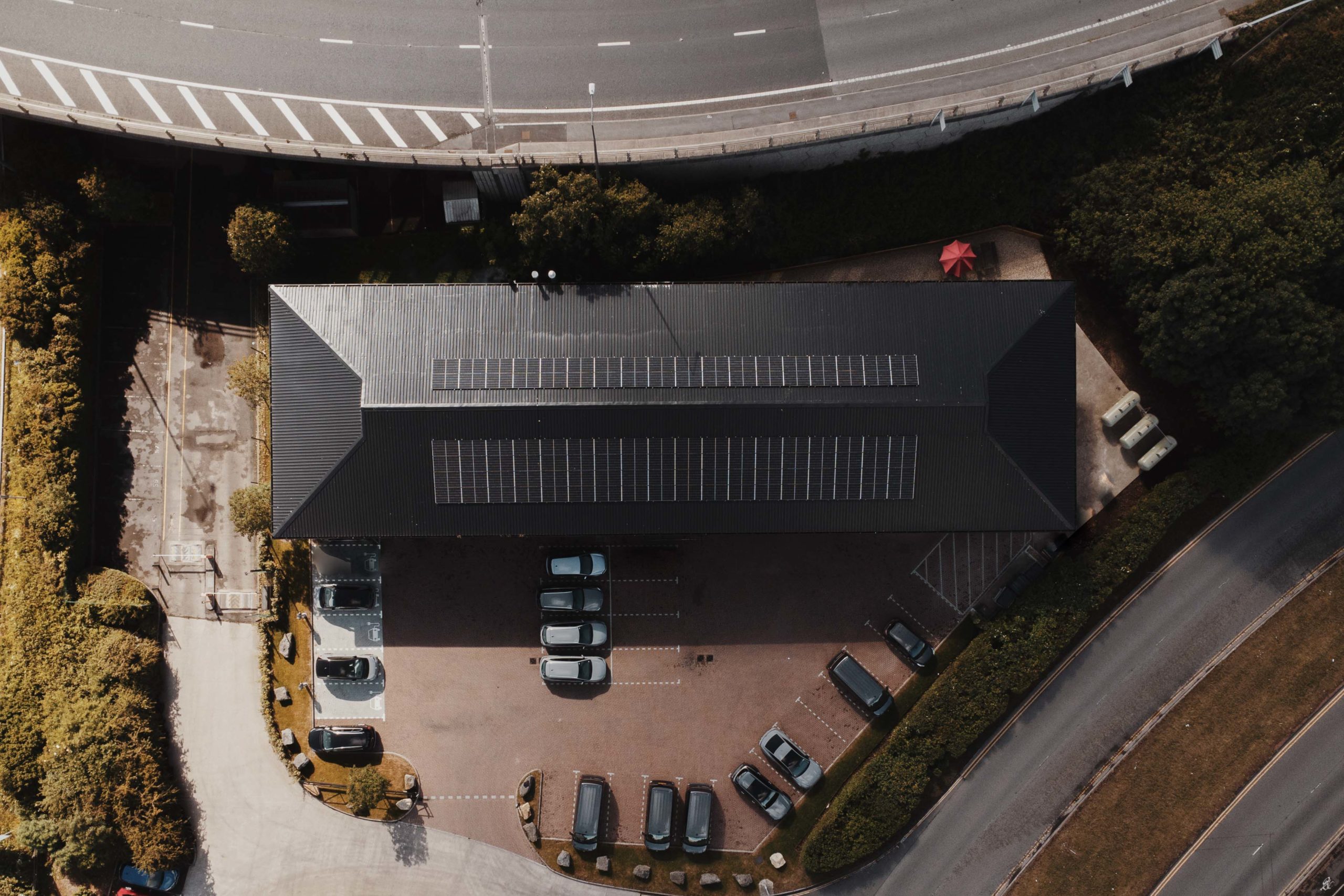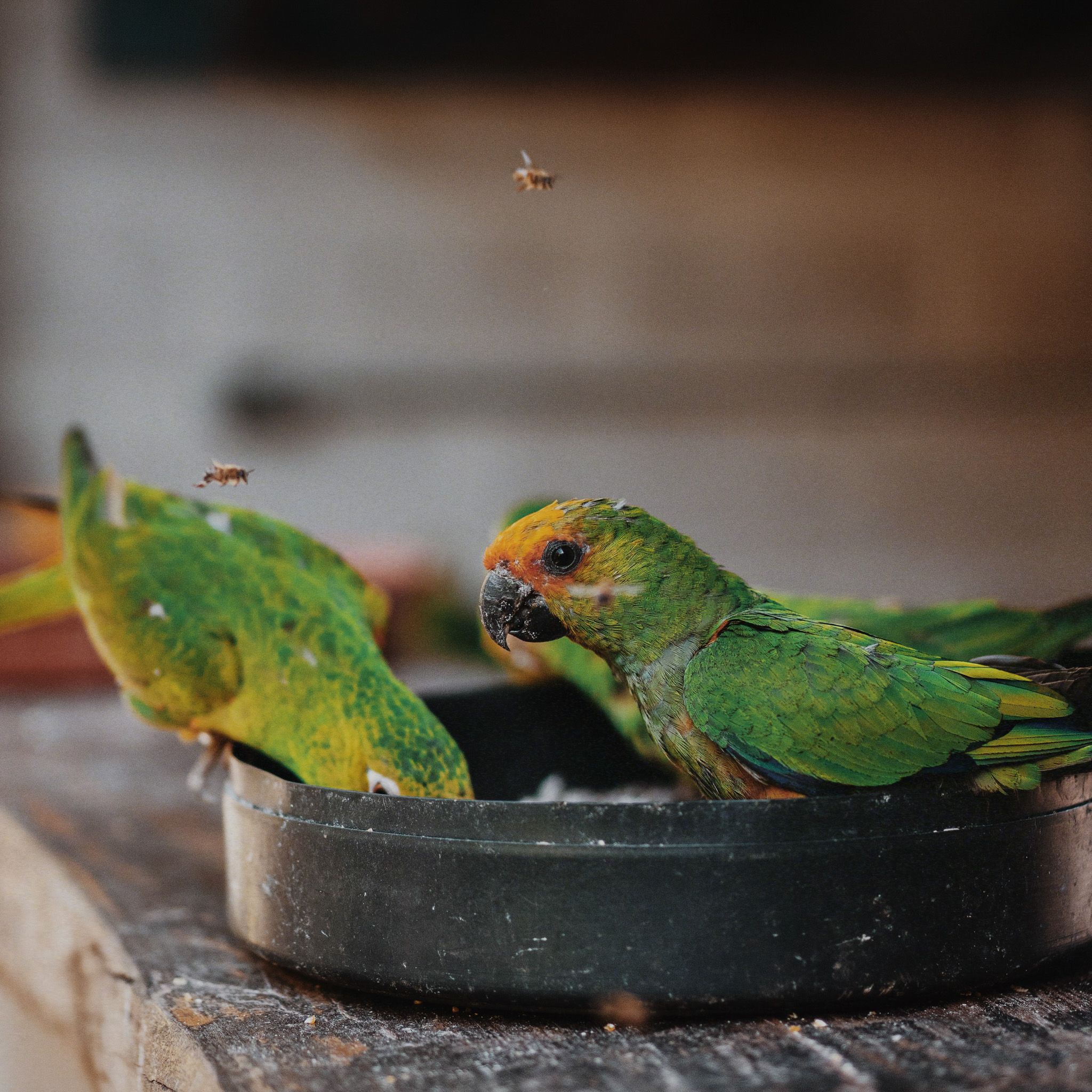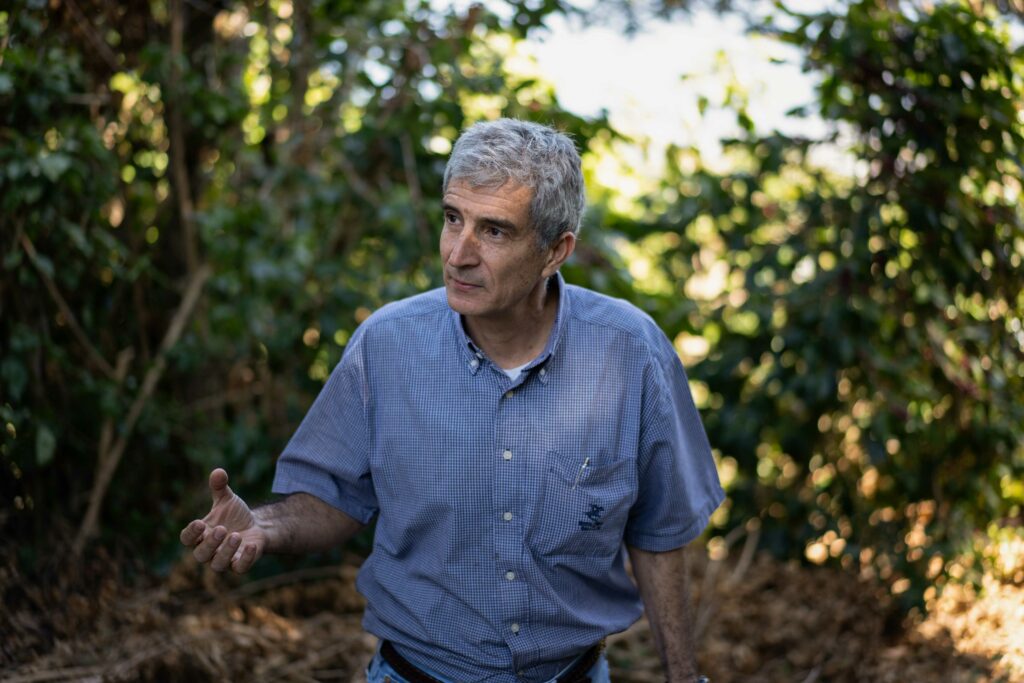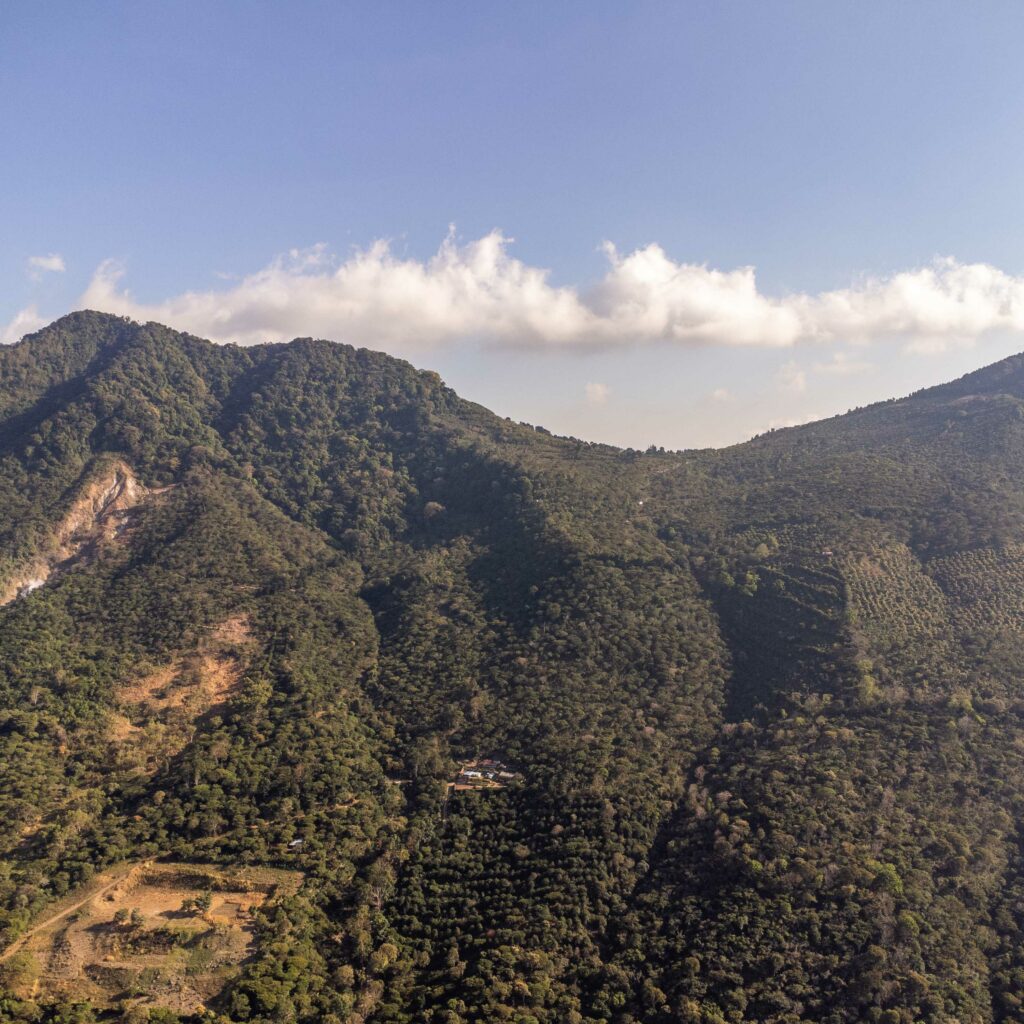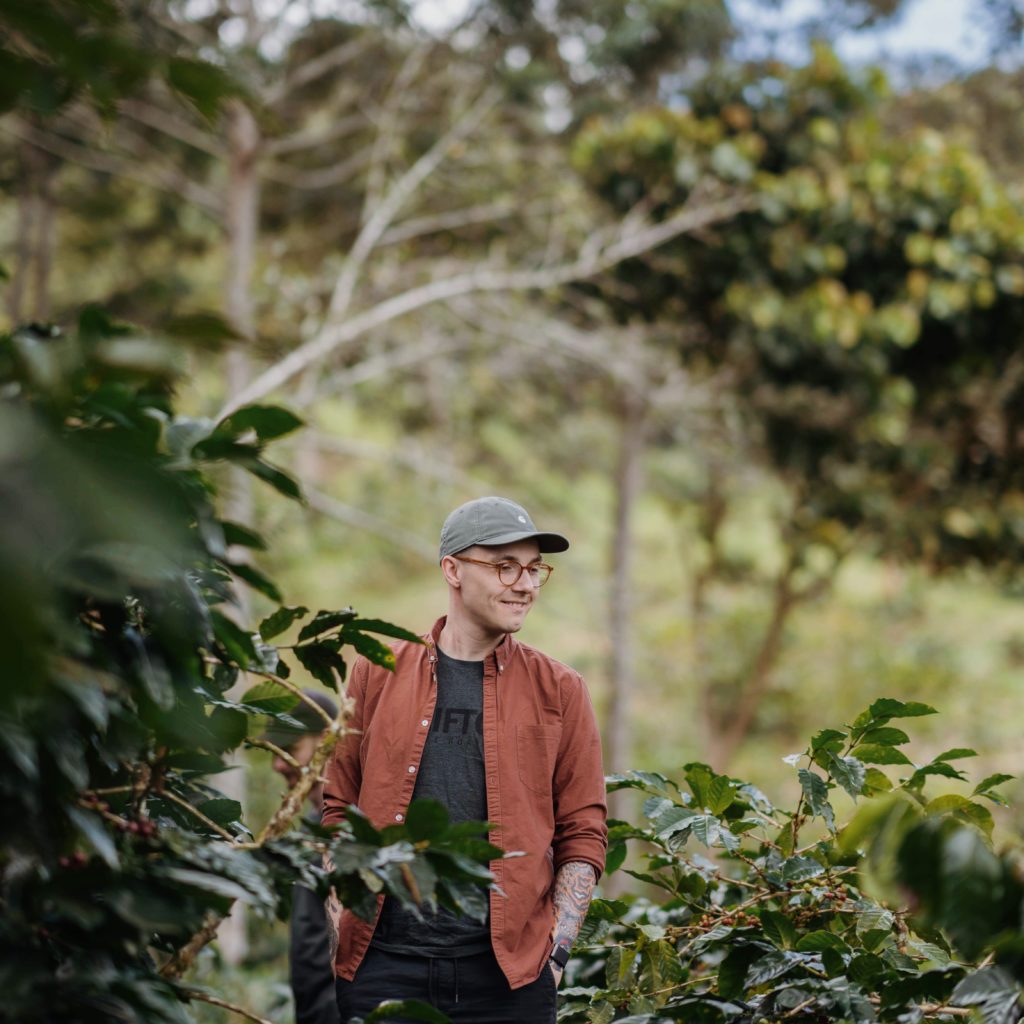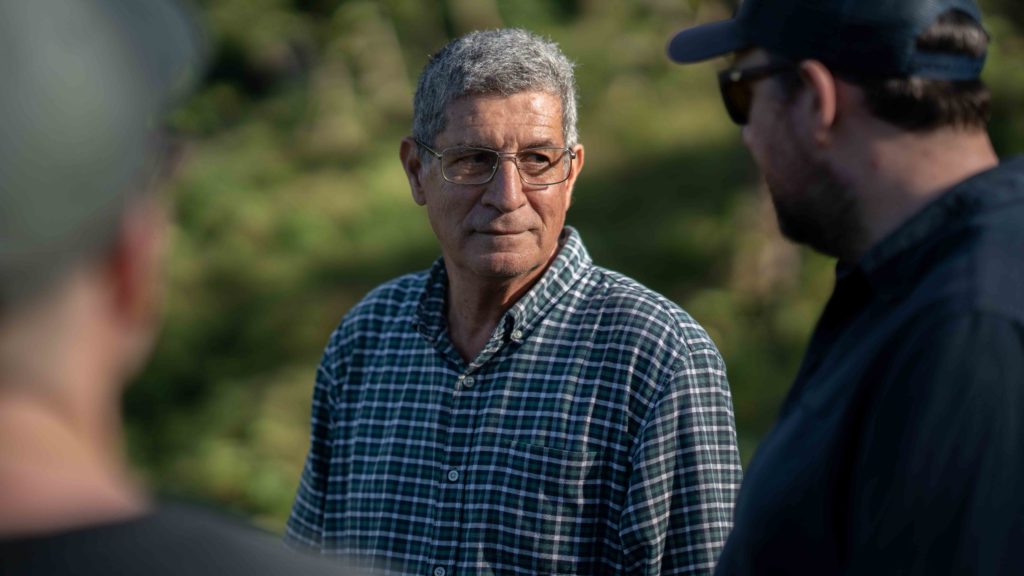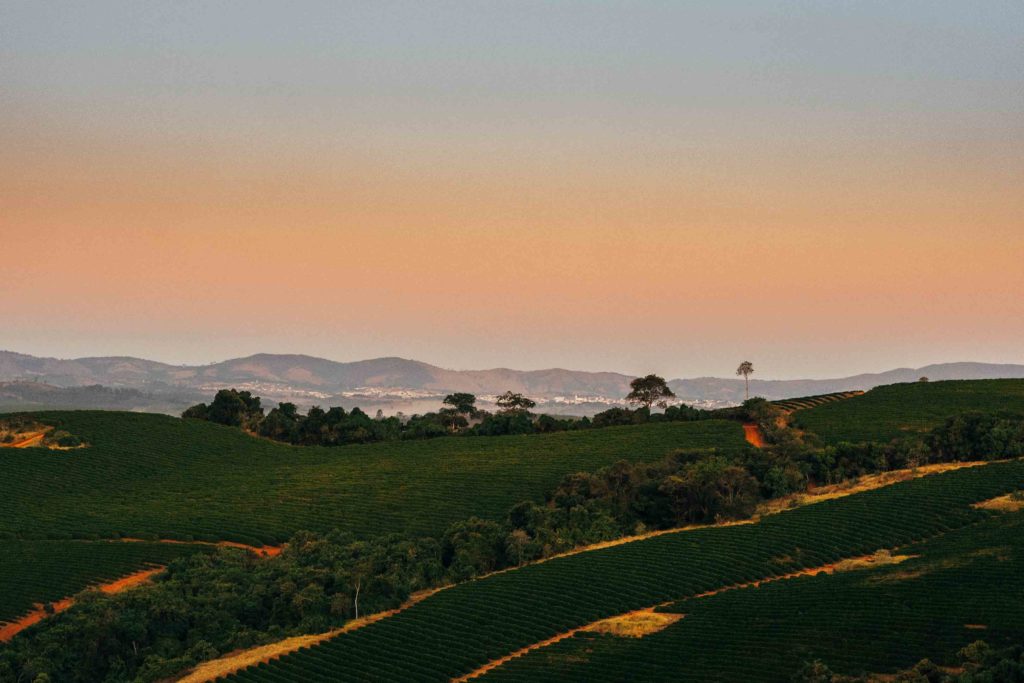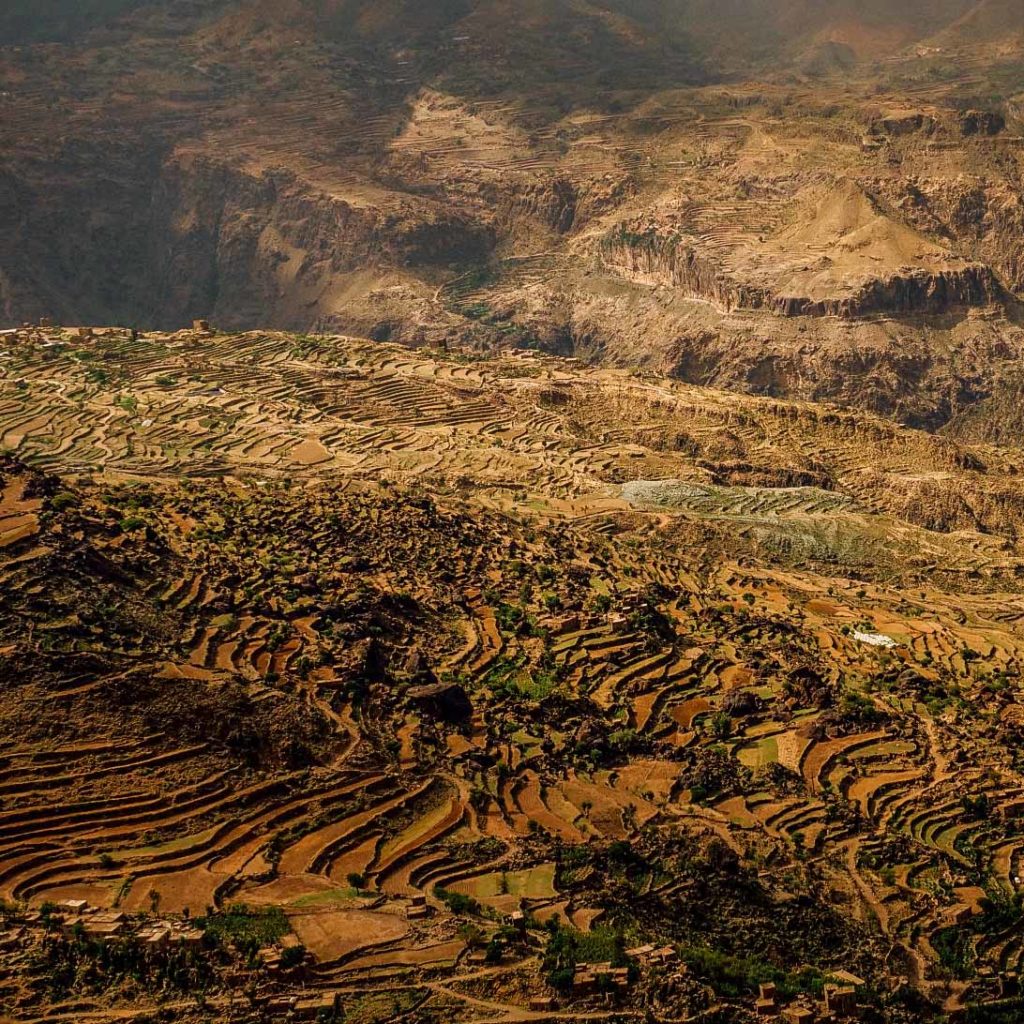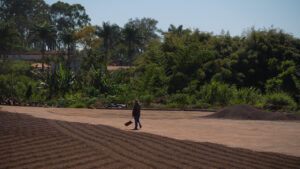 (Fazenda Bela Vista)
(Fazenda Bela Vista)
In August 2023 we travelled to Brazil to visit Fazenda Bela Vista and Fazenda Pinhal, while we are there we wanted to give you more of an insight into where our Suspension Espresso and part of our Village Espresso comes from, and introducing the incredible farmers to you!
First part of the trip we have spent with Otávio at Fazenda Bela Vista, who produce 80% of our Village Espresso. As we were travelling around the farm, Otávio was showing us different processes, including static box processing, as the cherries are left in the static box for 6 days they introduce hot air to circulate the coffee, after 3/4 days the cherries will form a fungus from the natural yeasts from the coffee cherries, helping to bring fruit forward taste notes. Once this process has finished the cherries are moved to the mechanical dryers, they are temperature controlled to ensure consistency for different coffees. They use wood and dried coffee pulp to fuel the boiler, this then heats the mechanical dryers which prevents smoke entering the drum. Using natural fuel is one of the many sustainable practices Fazenda Bela Vista has implemented in recent years.
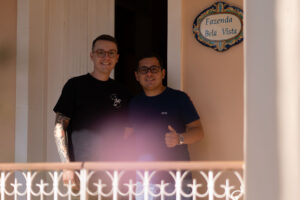 (Paul Griffiths & Otávio Reis, Fazenda Bela Vista)
(Paul Griffiths & Otávio Reis, Fazenda Bela Vista)
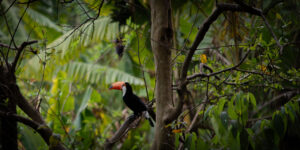 (The Wings Project, Fazenda Pinhal)
(The Wings Project, Fazenda Pinhal)
Second part of the trip we traveled to Fazenda Pinhal to spend time with Pedro, Milu and João, the producers of our Suspension Espresso.
Pinhal being one of three farms owned by Pedro, the other two being Santo Antõnio and Mirante, the total size of the connecting farms is 1288.5 hectares, with only 446 hectares planted of coffee, the rest of the farm is dedicated to nature. Brazilian law states that farmers should dedicate a minimum of 20% of their land to nature, Pedro had gone to well over the 20% to help the wildlife and ecosystem grow in the area.
Milu showed us around the Wings Project, a government ran program to protect the illegal smuggling of wildlife throughout Brazil, here they protect over 1000 birds and mammals looking after them through their rehabilitation with the aim to quickly and safely return them to the wild.
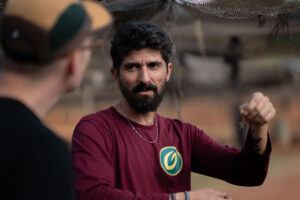 (Pedro Gabarra Teixera, Fazenda Pinhal)
(Pedro Gabarra Teixera, Fazenda Pinhal)



